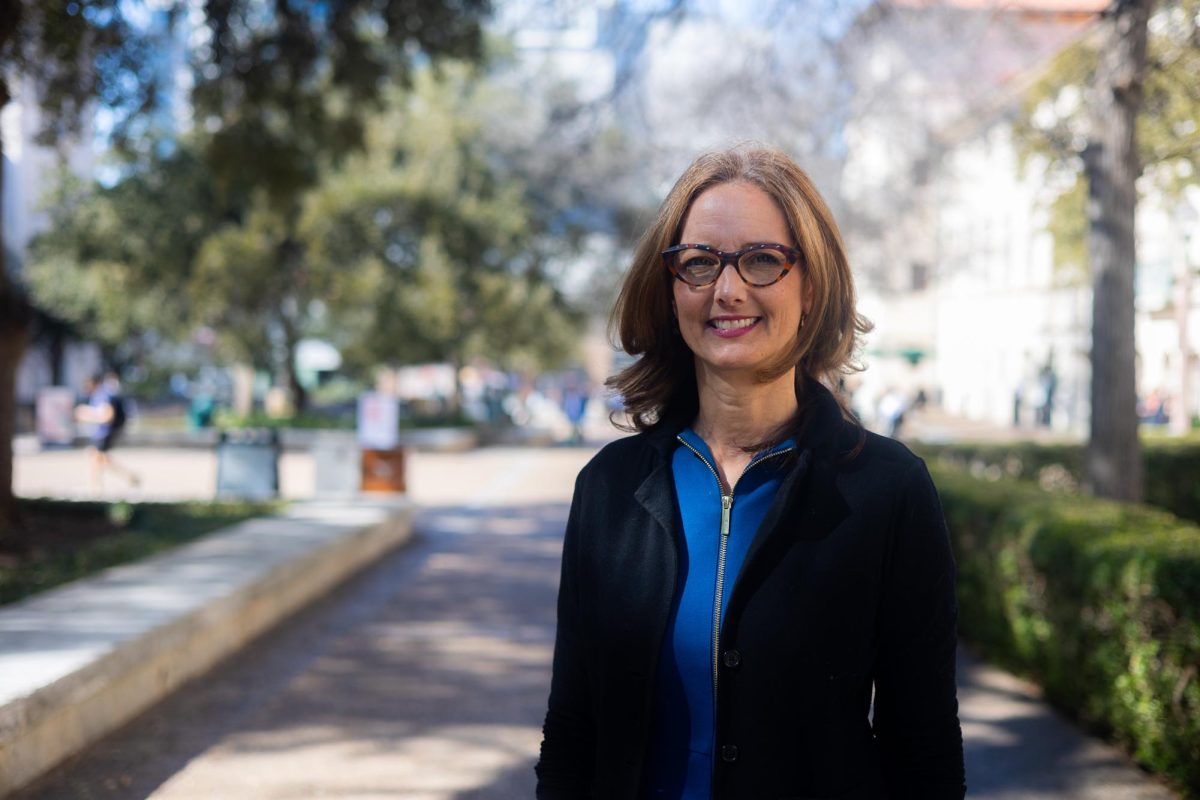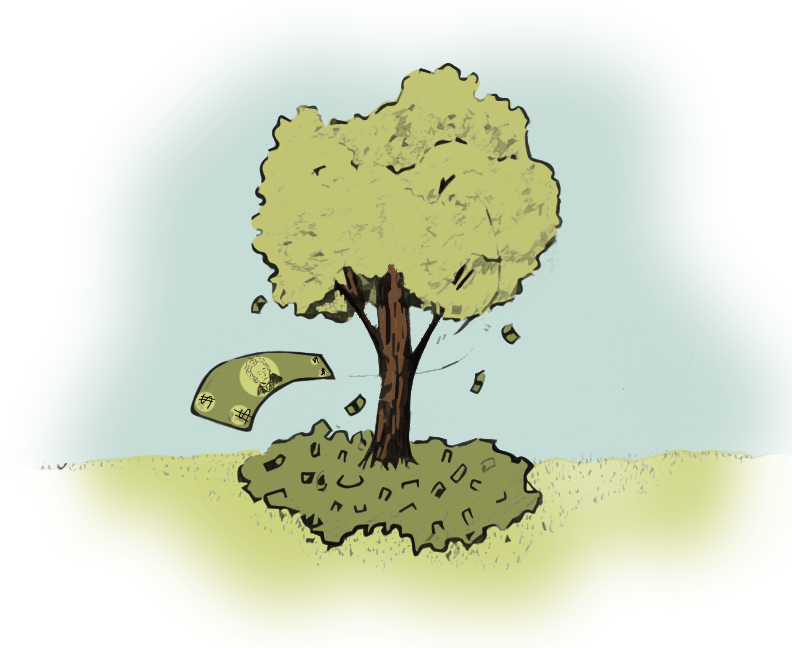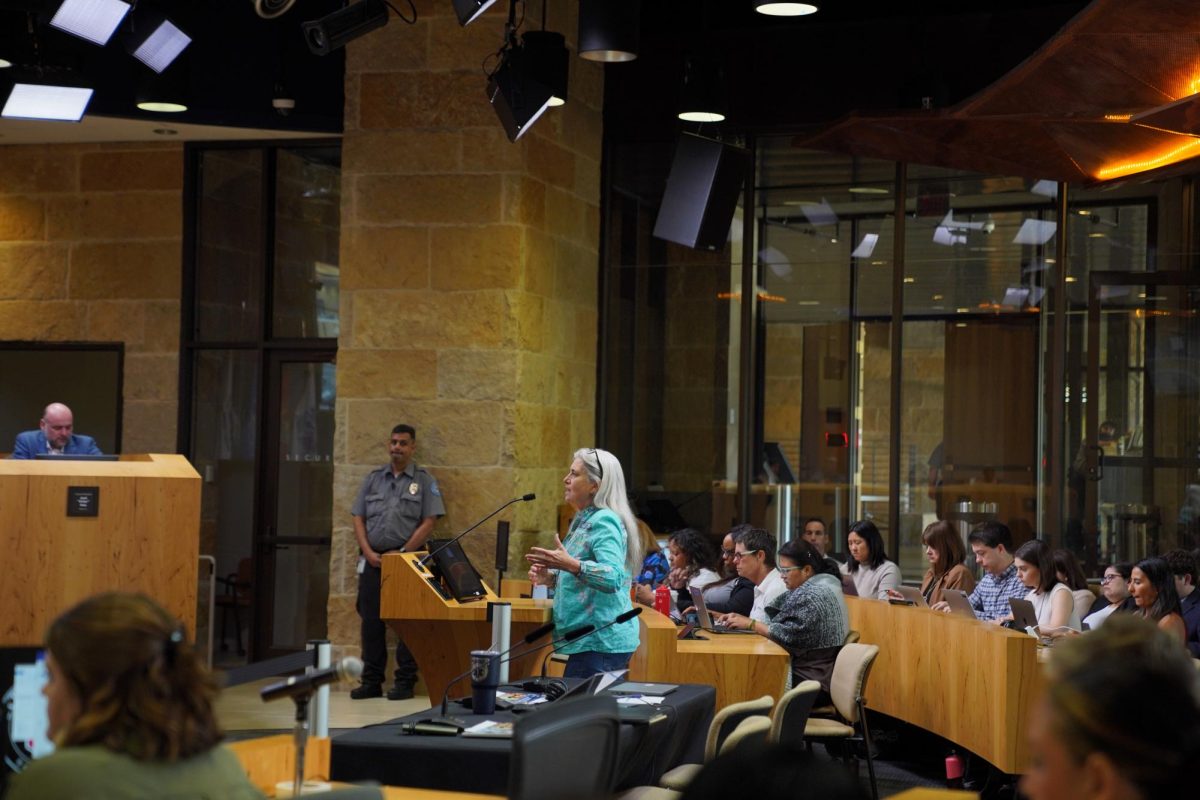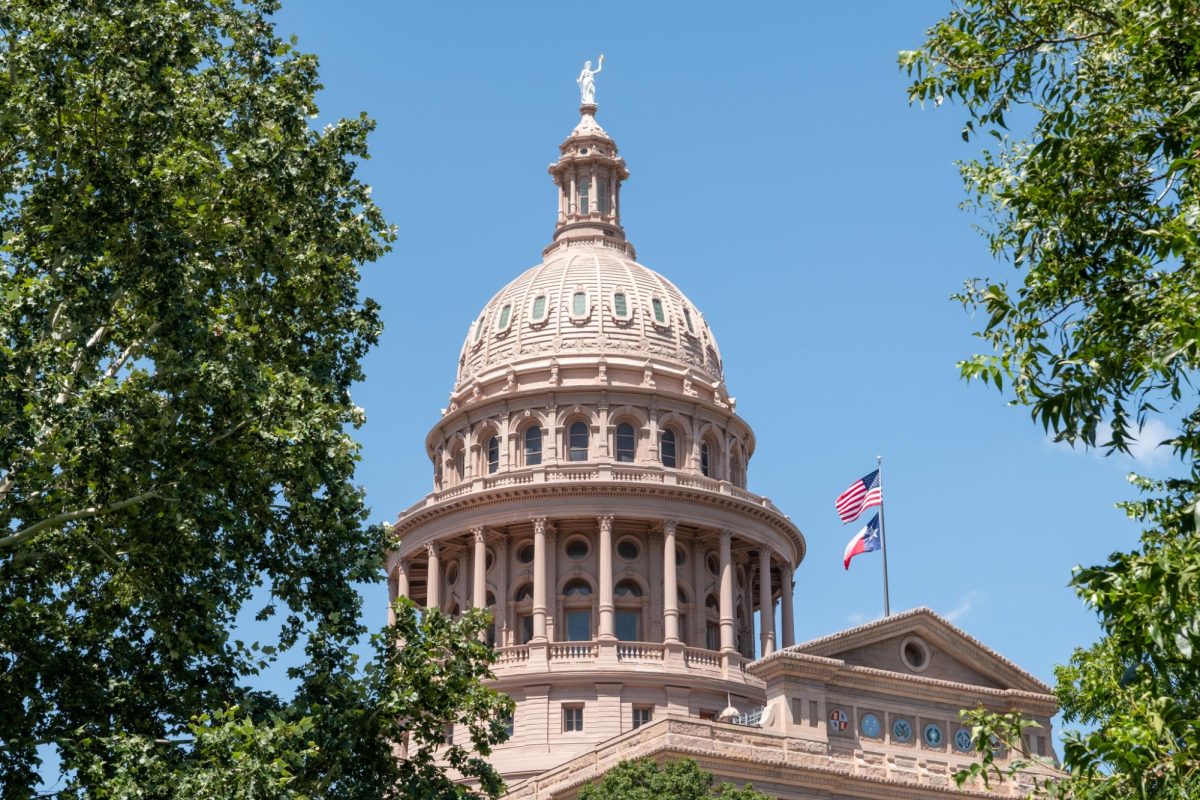Kathie Tovo, an adjunct professor and former city council member who represented West Campus, announced her bid for mayor on Jan. 18.
Tovo was the first candidate to announce her campaign for the 2024 mayoral election, which will be the first time the city of Austin elects its city offices during presidential election years. Voters elected Mayor Kirk Watson in 2022 to serve a short, two-year term to move city elections from the midterm to the presidential cycle.
Tovo said she’s running for mayor because her prior experience on the city council and as mayor pro tem has prepared her to “lead Austin in a forward direction.” Her campaign focuses on five major political issues ranging from affordability to climate, according to her website.
“We are facing an increasing number of extreme weather events,” Tovo said. “We need a mayor who is really focused on mitigating the impacts of climate change and looking at best practices around the country to see how we as a city should be responding to that.”
Tovo said the city needs to progress with the Water Forward plan, which aims to find new options for water storage and sustainability. She also said she would focus on the food system planning she helped start as a council member.
“(Food system planning is) making sure that our community is building a system of food production (and) food distribution,” Tovo said. “We’re really supporting those local producers, and that is definitely one way of fighting climate change in addition to building a more resilient community.”
Before 2014, voters elected candidates for city council in city-wide elections. Now, voters elect candidates from their city council district. Tovo said she was the only council member to serve before and after these changes in council elections. She said this shift affected the way council members worked in city hall.
“We tended to specialize in particular issues rather than particular (geographic) areas, which meant that some areas didn’t get as much attention as they needed,” Tovo said. “I have a good understanding of the issues that are going on in different parts of the city because they’re different from one another.”
Tovo said it’s essential for the mayor to rely on the city council members’ knowledge of their districts so the council hears every Austinite’s voice.
“The mayor is just another voice at the table,” Tovo said. “The city council needs to understand (city departments) really well. It took quite a while to understand a lot of that complexity.”
Government professor Bethany Albertson said the city’s shift from the midterm to the presidential cycle should triple voter turnout this year. She said last year’s city elections had an approximate voter turnout of 20%.
“Elections are expensive,” Albertson said. “We have elections that have a turnout of something like 2% (of voters). I would hope that (the city) would want more voters, and I could also see (it) looking to reduce costs.”
Wendy Beltran and Soni Shukla, co-directors of Hook the Vote, said their organization aims to provide students with up-to-date information about current elections. They said Hook the Vote will post information about what’s on the ballot as primary and general elections approach.
“A lot of people pay attention to national politics because they feel like the president is going to be the facilitator of the biggest change,” Shukla said. “But that’s not necessarily true. On a local scale, what you vote for … is going to have the largest effect on your specific community.”















